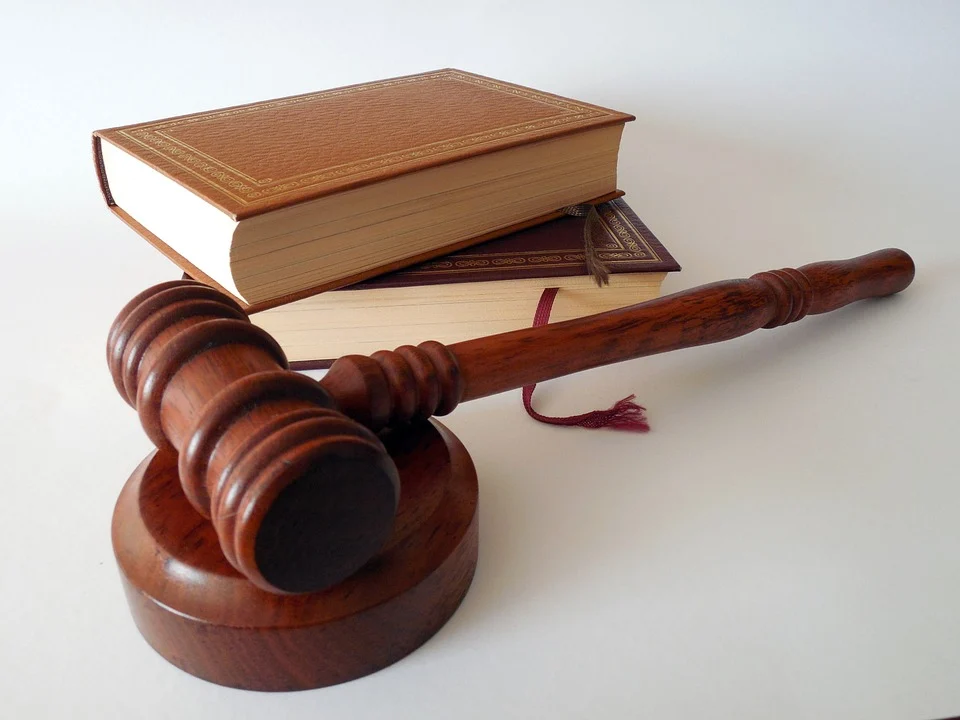
Recent Developments for Child Abuse Suffered in Custody
Published on December 23, 2021 by Emily Katheklakis
On 18 November 2021, the Civil Liability Amendment (Child Abuse) Act 2021 came into force.
This Act amends the Civil Liability Act (NSW) 2002 (CLA) to provide that Part 2A of that Act no longer applies to children in custody who have suffered “child abuse”.
Under Part 2A, no damages are recoverable for offendors in custody (including children) for any personal injury, unless the injury results in the death of the person or in a degree of impairment which is at least 15% whole person impairment.
Please refer to my article “Personal Injury Claims for Clients in Custody” as to how difficult this threshold is to overcome and other restrictions imposed by Part 2A.
If a person was under 18 years old at the time that they were in custody and suffered injuries as a result of “child abuse”, then the 15% whole person impairment threshold and other restrictions will not apply. Such claims can now be brought the same way as any other personal injury claim under the CLA.
“Child abuse” is defined in Part 26B of the CLA to mean “sexual abuse or physical abuse of the child but does not include an act that is lawful at the time it takes place”.
In accordance with changes made in 2016 to the Limitation Act 1969, there is no limitation period for child abuse: s6A. That Act defines “child abuse” slightly differently to the CLA as: “sexual abuse”, “serious physical abuse” and any other abuse in “connection with the sexual abuse or serious physical abuse”.
The legislation does not define “physical abuse” or “serious physical abuse”. There do not appear to be many Court decisions in relation to those definitions either. However, such abuse is likely to involve non-accidental physical contact which causes injury and goes beyond acceptable discipline. It is also possible that severe neglect and deprivation of food can be a form of physical abuse.
The injuries caused by the sexual or physical abuse do not need to result in a permanent physical ongoing impact, although a permanent psychological impact will be required to establish an entitlement for non-economic loss under s16 of the CLA (15% of a most extreme case). This is much easier to establish than 15% whole person impairment under Part 2A and other heads of damages under the CLA can be claimed, even if non-economic loss is not recoverable.
The amendments to the CLA apply retrospectively and are a welcome change to the very restrictive provisions of Part 2A, which previously applied to children in juvenile justice centres. This was particularly unjust, given that children in custody are in the care of the State and should have the same entitlements as State wards and other children who have suffered from abuse.
Carroll & O’Dea was one of the firms who asked the Attorney General of New South Wales to make these changes.
The amendments also allow for previous settlement agreements for child abuse to be set aside, if it is just and equitable to do so: Part 1C of the CLA.
This is also a very important change for clients who have suffered child abuse and it brings New South Wales in line with some other jurisdictions who have already enacted these changes, such as Victoria.
Accordingly, if a client accepted a small settlement previously on a compromise basis due to any legal difficulties faced, (for example in relation to establishing liability of the Defendant, the application of Part 2A, or due to limitation period issues) which are no longer barriers due to recent amendments to the law relating to child abuse, then a client may be entitled to apply for the previous settlement to be set aside and to bring a further claim against the Defendant.
Each case will be determined upon its merits and not all prior settlements will be able to be set aside.
